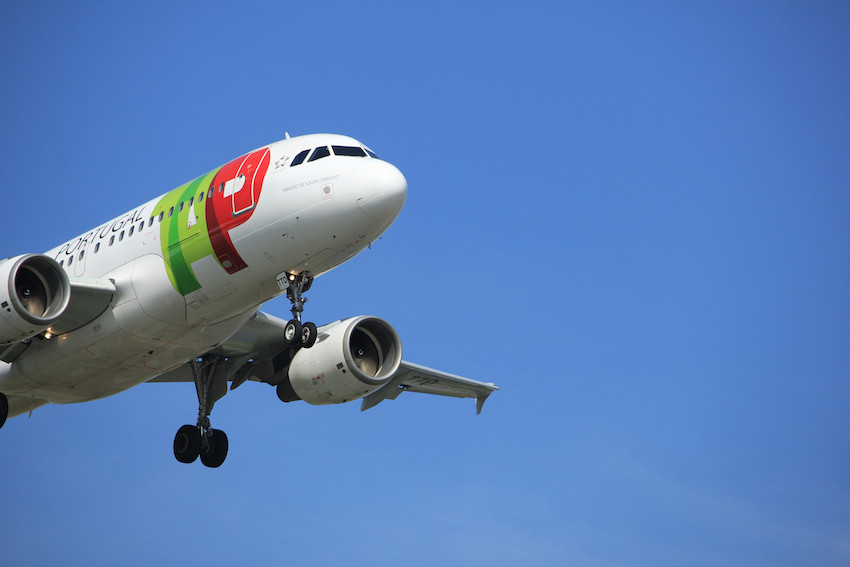But the judges in Kirchberg said that airlines need to demonstrate they have booked delayed passengers on a new flight with the fastest possible arrival time.
The case stems from a TAP passenger, known in legal filings as “LE”, who was flying from Fortaleza in Brazil to Oslo with a stopover in Lisbon in August 2017. LE’s connecting flight was cancelled and TAP booked LE on its next flight to the Norwegian capital the next day.
According to court documents:
“That delay was due to the fact that the aircraft which operated that flight, on its previous flight from Lisbon to Fortaleza, had had to be diverted to Las Palmas de Gran Canaria (Spain) in order to disembark an unruly passenger who had bitten a passenger and assaulted other passengers and members of the cabin crew.”
LE asked TAP for €600 in compensation for the delay, citing EU air passenger rules, but TAP refused. LE then brought an action before Lisbon District Court.
The Portuguese court asked the European Court of Justice if, under EU law, an unruly passenger can be considered an ‘extraordinary circumstance’ which justifies a flight delay, if disruptions on a previous flight operated by the same aircraft can be taken into account, and if the 24 hour delay was “reasonable” considering “the airline operates only one daily flight to the passenger’s final destination”.
On Thursday, the ECJ mostly sided with TAP, stating that “unruly passengers” are indeed an “extraordinary circumstance”, including those that impact later flights. The judges ruled:
“An operating air carrier may rely on an ‘extraordinary circumstance’ which affected a previous flight which it operated using the same aircraft, provided that there is a direct causal link between the occurrence of that circumstance and the delay or cancellation of the subsequent flight.”
However, the court set a strict test for evaluating the amount of time that a delay is considered reasonable. Pushing back a passenger’s arrival to the following day would only be considered reasonable, if, the ruling stated:
“… there was no other possibility of direct or indirect re-routing by a flight operated by itself or any other air carrier and arriving at a time which was not as late as the next flight of the air carrier concerned or unless the implementation of such re-routing constituted an intolerable sacrifice for that air carrier in the light of the capacities of its undertaking at the relevant time, which is a matter for the national court to assess.”
The matter now returns to Lisbon District Court for adjudication.
The case was number C-74/19 Transportes Aéreos Portugueses.
